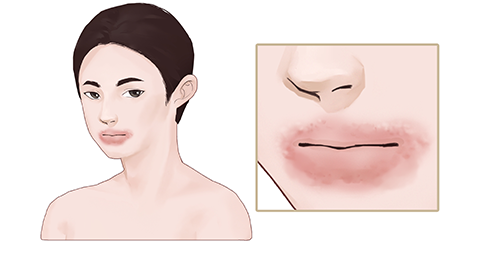What to do about an allergic constitution
Allergic constitution refers to a type of体质 (body constitution) where the immune system overreacts to external stimuli, making individuals prone to various types of allergic reactions. Patients with allergic constitutions need to identify allergens, minimize exposure, enhance immunity, follow standardized treatments for allergy symptoms, and pay attention to daily care. If discomfort occurs, prompt medical attention is recommended. The analysis is as follows:

1. Identify Allergens
Individuals with allergic constitutions can undergo allergen testing, such as skin prick tests or blood tests, to identify specific allergens, such as pollen, dust mites, foods, etc.
2. Reduce Exposure
Once allergens are identified, exposure should be avoided as much as possible. For example, individuals allergic to pollen should limit outdoor activities during pollen seasons or wear masks and glasses when going outside. Those allergic to dust mites should maintain clean and dry indoor environments, regularly change bedding, and clean air conditioner filters.
3. Enhance Immunity
Maintain a regular lifestyle and ensure 7–8 hours of sleep daily to allow adequate rest for bodily organs. Engage in moderate exercise, such as jogging or yoga, to promote metabolism, strengthen the body's defense mechanisms, and reduce the frequency of allergic reactions.
4. Follow Standardized Treatment for Allergy Symptoms
If allergy symptoms occur, such as itching, swelling, sneezing, or runny nose, timely medical consultation is advised, and treatment should follow the doctor's recommendations. Depending on the physician's advice, medications such as Cetirizine Hydrochloride Tablets, Loratadine Tablets, or Ebastine Tablets may be used to relieve allergic symptoms.
5. Pay Attention to Daily Care
Individuals with skin allergies should choose mild, non-irritating skincare products and avoid excessive cleansing to prevent damage to the skin barrier. Moisturizers should be applied promptly when the skin feels dry to maintain hydration. Appropriate sun protection measures, such as applying sunscreen or wearing protective clothing, should be taken to reduce the risk of allergic reactions caused by ultraviolet radiation.
In daily life, maintaining a positive mindset and good emotional well-being is recommended to help alleviate discomfort caused by allergic reactions.






